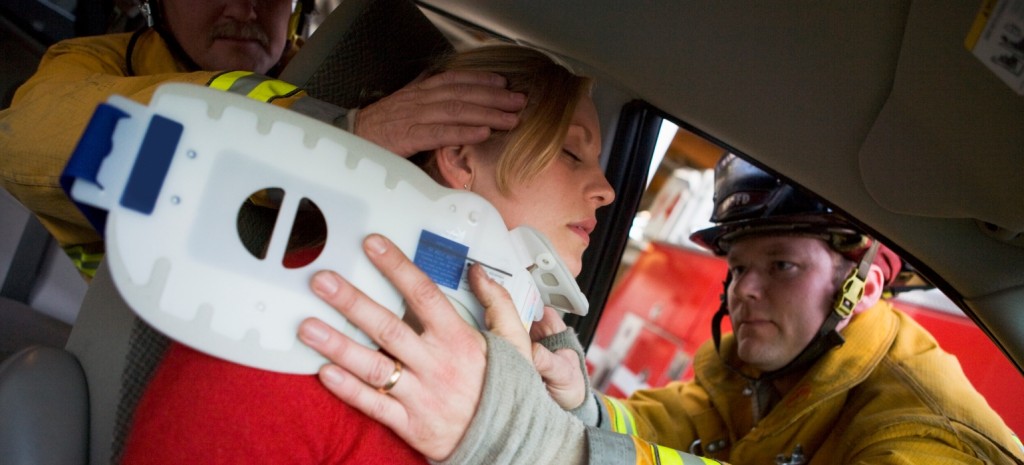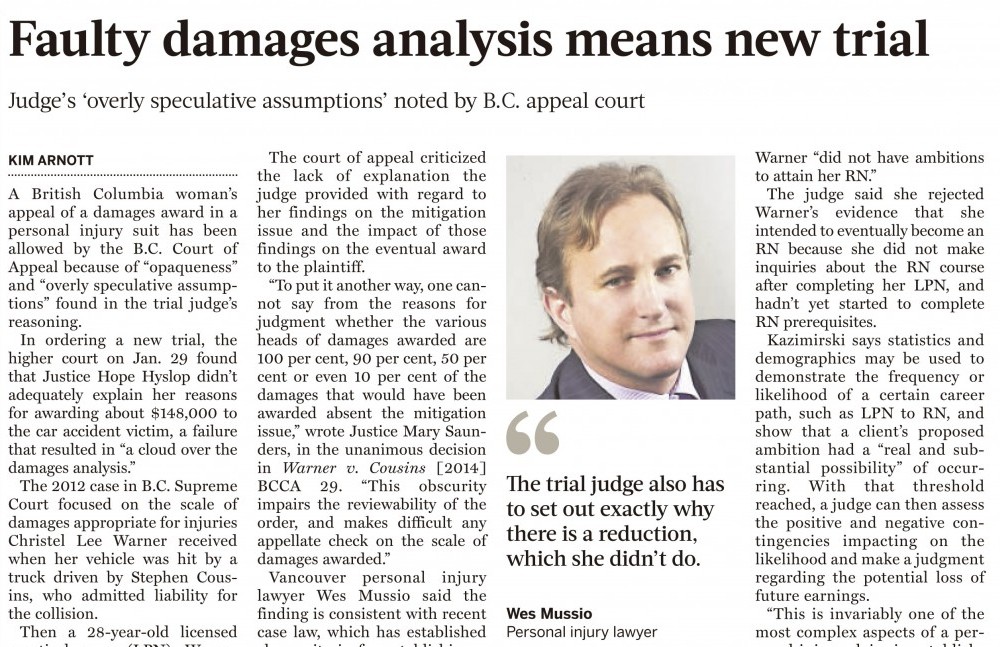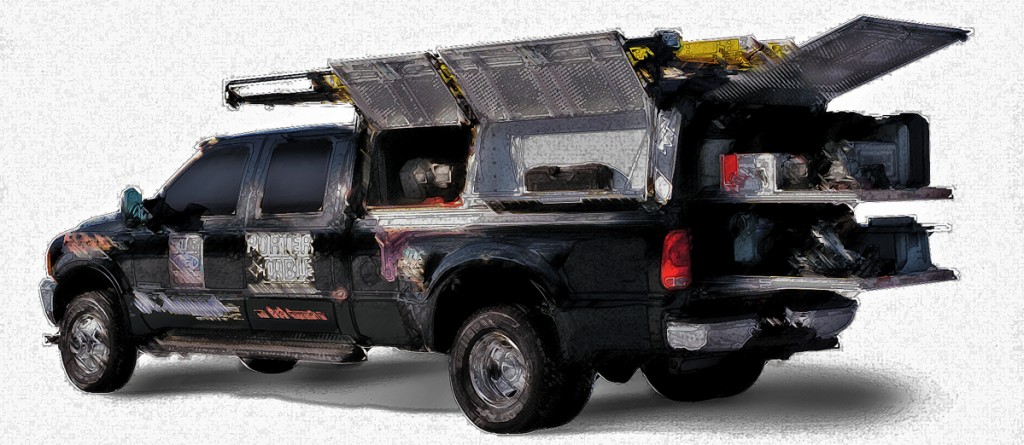“Diminished Home-Making Capacity” Results in Court Award of $20,000
Posted on by Mussio Goodman
A Home-Maker Receives Compensation in Court for Loss of Capacity
A claimant may also be entitled to a court award for “diminished home-making capacity”, in addition to compensation for lost wages, pain and suffering, and treatment expenses.
This was the case in Savoie v. Williams, in which a Plaintiff suffered injuries to her back and neck in a motor vehicle accident. While her injuries caused her to miss a minimal amount of time from work, she struggled to perform her daily household activities following the incident.
ICBC insisted that there should be no award because there was no evidence that the Plaintiff was completely disabled from performing her household tasks.
The Court rejected ICBC’s argument, and awarded $20,000 under this particular head of damage, which follows:
[51] .…In this case, Ms. Savoie expended considerable energy, and took great pride, in maintaining her home and yard, in cooking, and in keeping vehicles clean…
[52] I agree with [ICBC] that Ms. Savoie can do some, perhaps a great deal, of what she could do before the accident. The fact remains that she is impaired in her ability to do those things she did previously without restriction. I find that as a result of the injuries she suffered in the accident that she is no longer the person described by her son as “super mom”…
[55] The plaintiff here led no evidence by which any of the household services can be valued, on either the replacement cost or opportunity cost approach… The plaintiff has not hired anyone to perform household tasks that she would have performed if not injured.
[56] I note that in Rezaei v. Piedade, the court accepted $15 per hour as a value of lost housekeeping capacity, partly because it had been used as a measure in earlier decisions, but also because it accorded with evidence in that case of what a witness paid for similar services..
[57] I find that Ms. Savoie was initially unable to perform some household tasks. I find that she has recovered some of her ability to do household tasks but with some difficulty and some adjustments to accommodate her changed physical abilities…
What this case shows is that an individual does not need to incur a monetary loss in the workplace in order to show a monetary loss at home.
It also indicates that the evidence from lay witnesses is a key component in proving a diminished home-making capacity claim. In this particular situation, the Plaintiff’s son was able to confirm the reduction in his mother’s ability to maintain the household post accident, which proved vital to the case.




